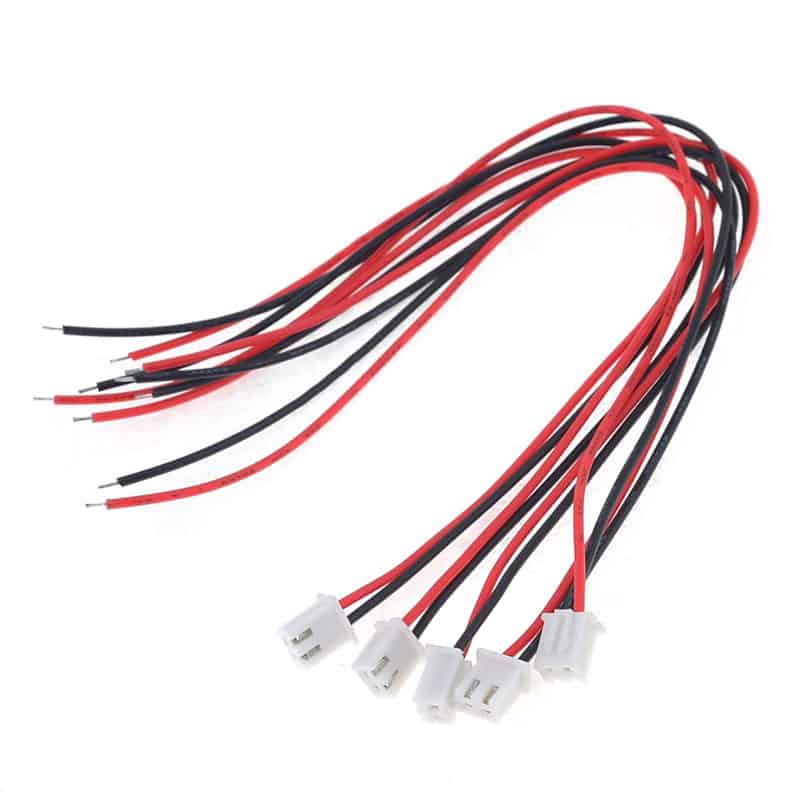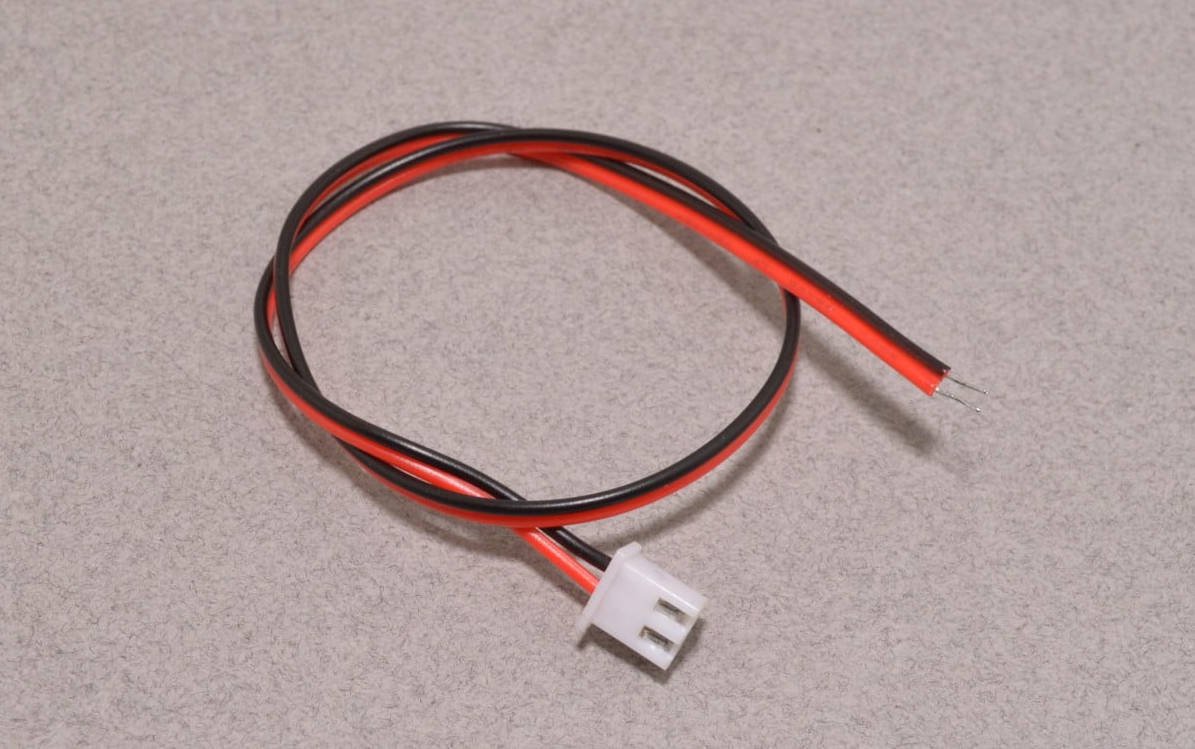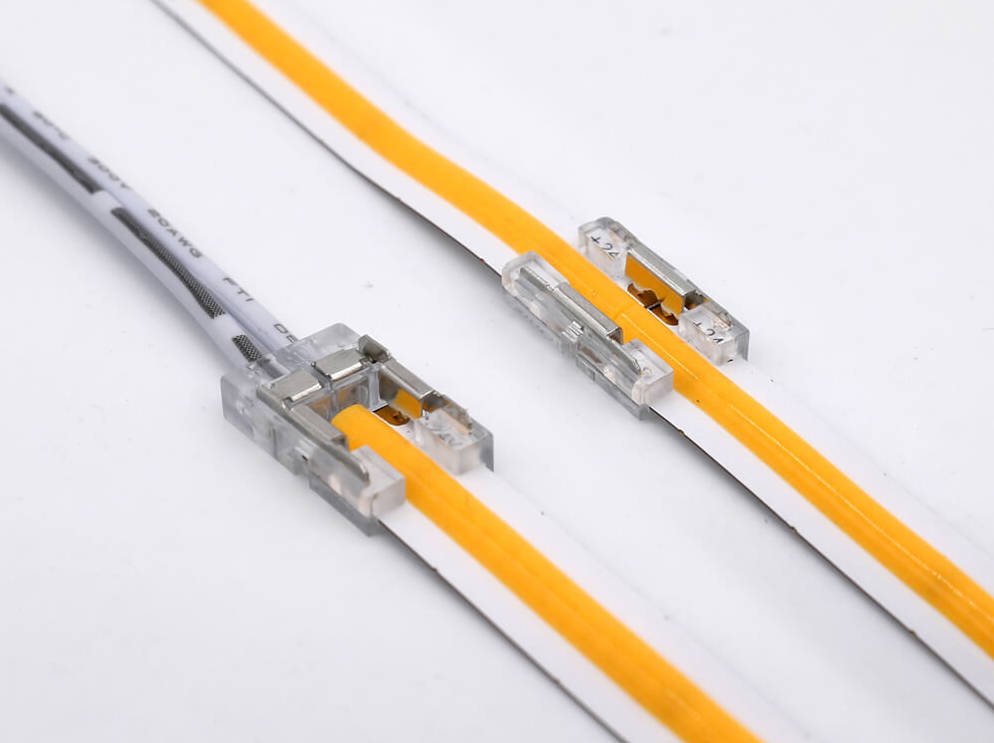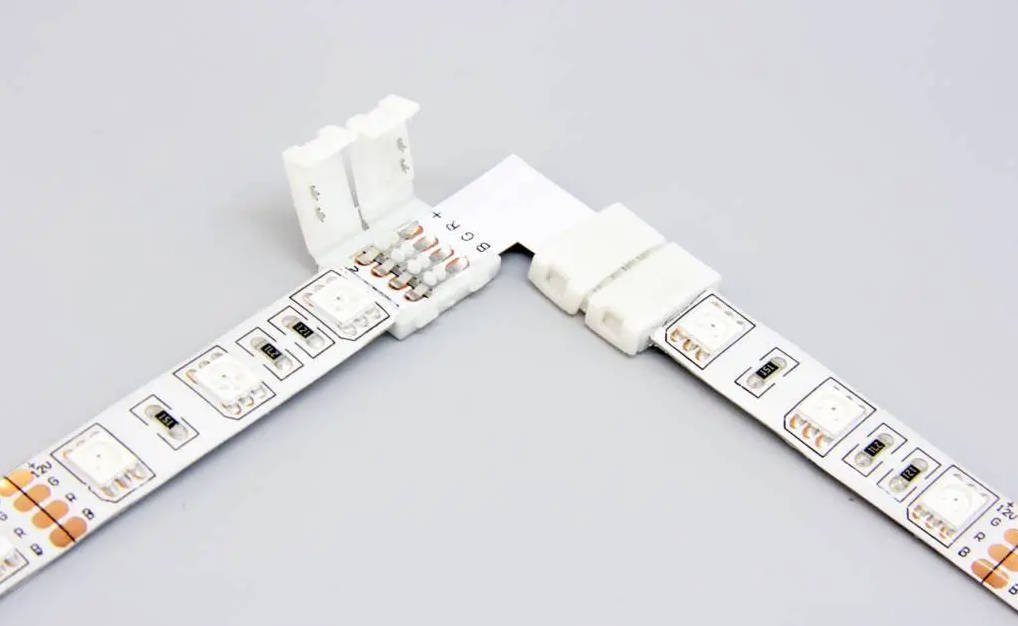Introduction
In today’s fast-paced world of electronics, Wafer Connectors have become a critical component in numerous applications, from telecommunications and automotive to consumer electronics. As businesses and engineers seek solutions that offer reliable and consistent performance over time, the importance of selecting high-quality Wafer Connectors cannot be overstated.
One of the primary concerns for buyers when choosing Wafer Connectors is their long-term reliability. The performance of connectors can degrade over time due to various environmental factors and usage conditions, leading to system failures or downtime. This makes understanding the testing methods employed by manufacturers crucial for buyers. But what advanced testing methods are used by a Wafer Connectors factory to ensure these connectors perform reliably for years to come? This article will explore these methods and explain how they help guarantee the longevity of custom Wafer Connectors.

Understanding Wafer Connectors
Wafer Connectors are compact electrical connectors that serve as the backbone of communication between printed circuit boards (PCBs) in various devices. They play a vital role in ensuring the flow of signals and power in systems that range from smartphones to automotive electronics.
Long-term reliability in Wafer Connectors is particularly crucial in industries where high performance and durability are expected under varying conditions. For instance, connectors used in the automotive industry must endure extreme temperatures, vibrations, and exposure to moisture. Likewise, connectors in telecommunications must maintain signal integrity over long distances without frequent failures.
Customers looking to purchase custom Wafer Connectors often worry about issues such as connector failure due to environmental exposure or mechanical stress. Therefore, buyers must seek out suppliers that not only provide quality products but also employ advanced testing methods to ensure their Wafer Connectors are built to last.
Factors Affecting the Reliability of Wafer Connectors
Several key factors influence the reliability and longevity of Wafer Connectors:
1. Materials and Design
The materials used in Wafer Connectors significantly impact their durability. For example, connectors made from corrosion-resistant metals or high-temperature plastics tend to perform better in harsh environments. Additionally, the design of the connector—such as the spacing of the pins, the shape of the contacts, and the housing material—can determine how well it holds up over time.
2. Environmental Conditions
Environmental conditions such as temperature, humidity, and vibration can affect the performance of Wafer Connectors. For example, in aerospace or industrial applications, connectors are subjected to extreme temperatures and mechanical stress. Buyers must consider whether the connectors they are purchasing have been tested for such conditions to ensure they can withstand the specific environments in which they will be used.
Understanding these factors helps guide customers in selecting the right custom Wafer Connectors for their specific needs, but it’s the testing methods used by manufacturers that ultimately guarantee long-term reliability.
Advanced Testing Methods for Ensuring Long-Term Reliability
Manufacturers that prioritize quality typically subject their Wafer Connectors to rigorous testing procedures to ensure they meet the demands of their applications. Below are some of the most advanced testing methods used by a Wafer Connectors factory to guarantee long-term reliability.
1. Thermal Cycling Testing
Thermal cycling testing subjects Wafer Connectors to repeated cycles of extreme temperature changes. This testing simulates the expansion and contraction connectors experience in environments with fluctuating temperatures, such as automotive and aerospace applications.
- Purpose: Evaluate the connector’s ability to withstand drastic temperature shifts without compromising its integrity.
- Real-world impact: By testing connectors under these conditions, manufacturers can ensure their products will not fail due to temperature-related stress, which is especially critical for customers working in high-temperature industries.
2. Vibration and Shock Testing
In industries such as automotive and aerospace, Wafer Connectors are often exposed to constant vibrations and sudden mechanical shocks. Vibration and shock testing simulates these real-world conditions to ensure connectors maintain their mechanical integrity under stress.
- Purpose: Verify the connector’s ability to remain intact and operational after exposure to intense vibration or impact.
- Real-world impact: This testing ensures that custom Wafer Connectors will continue to perform reliably, even in demanding environments where they are subjected to constant movement and potential collisions.
3. Corrosion and Humidity Testing
Corrosion and humidity testing evaluates the connector’s resistance to moisture and corrosive elements. Connectors exposed to corrosive environments, such as marine or industrial applications, need to be able to withstand the degrading effects of moisture and chemicals.
- Purpose: Determine how well the connector materials resist corrosion and how long they can maintain functionality in moist or corrosive environments.
- Real-world impact: Buyers in industries such as marine or industrial manufacturing will benefit from Wafer Connectors that have been rigorously tested for corrosion resistance, ensuring their systems remain operational in harsh conditions.
4. Contact Resistance Testing
Contact resistance testing measures the electrical resistance at the contact points of the connector. Over time, debris, oxidation, or physical wear can increase resistance, affecting the performance of the connector.
- Purpose: Ensure that electrical resistance remains within acceptable limits throughout the connector’s lifecycle.
- Real-world impact: Customers relying on Wafer Connectors for high-speed data transmission or power distribution will benefit from connectors that maintain low contact resistance, thereby avoiding signal degradation or power losses.
5. Durability (Mating Cycle) Testing
Durability testing simulates the repeated insertion and extraction of Wafer Connectors to assess their long-term performance. This is especially important for connectors that will be frequently connected and disconnected during their service life.
- Purpose: Ensure that connectors remain functional after thousands of mating cycles.
- Real-world impact: Customers using custom Wafer Connectors in applications requiring frequent reconfiguration or maintenance will appreciate connectors that have passed durability testing, ensuring they won’t fail prematurely from repeated use.
How Testing Data Translates to Real-World Benefits for Buyers
For buyers, knowing that the Wafer Connectors they are purchasing have undergone these advanced tests provides peace of mind. Testing data allows manufacturers to offer warranties and guarantees, giving customers confidence in the product’s performance and longevity.
For example, a Wafer Connectors factory that performs extensive testing can provide connectors with a higher level of reliability, reducing the likelihood of system failures. Case studies have shown that companies investing in thoroughly tested connectors often see fewer malfunctions and longer intervals between maintenance, leading to cost savings over time.
An example of this can be seen in the automotive industry, where one manufacturer reduced system failures by 30% after switching to Wafer Connectors that had passed rigorous vibration and shock testing. This real-world data highlights the value of choosing connectors that have been proven to perform reliably under demanding conditions.
Choosing Reliable Wafer Connectors Based on Testing Results
When purchasing Wafer Connectors, buyers should consider the testing standards and certifications that the products have met. Reputable suppliers often adhere to internationally recognized standards such as IEC, UL, or MIL-STD, which verify that the connectors have passed specific tests for safety and reliability.
Tips for Buyers:
- Check for certifications: Look for connectors that meet industry standards, as these certifications ensure that the products have undergone thorough testing.
- Ask about testing protocols: Buyers should inquire about the specific testing procedures the manufacturer uses. This can help them understand the level of reliability they can expect from the connectors.
- Consider the environment: Choose connectors that have been tested for the specific environmental conditions in which they will be used. For example, if the connectors will be exposed to moisture or corrosive substances, make sure they have passed corrosion resistance tests.
Conclusion
The long-term reliability of Wafer Connectors is a crucial consideration for anyone looking to invest in these components. By understanding the advanced testing methods used by manufacturers, buyers can make informed decisions and select connectors that are built to withstand their specific application requirements.
From thermal cycling to durability testing, these tests ensure that the connectors will perform reliably, even under extreme conditions. Buyers should prioritize suppliers that emphasize rigorous testing and provide detailed testing data, ensuring that their investment in custom Wafer Connectors is both safe and cost-effective.
Before purchasing, always verify that the connectors have undergone the necessary testing for your specific application to ensure long-term reliability and performance.



